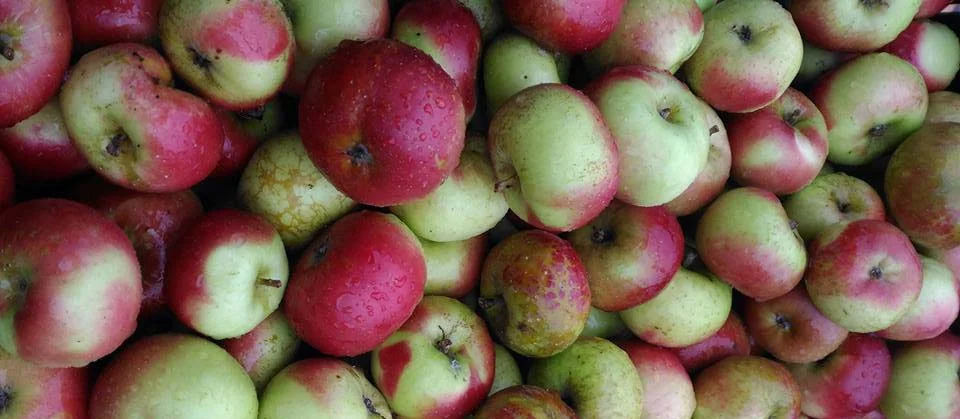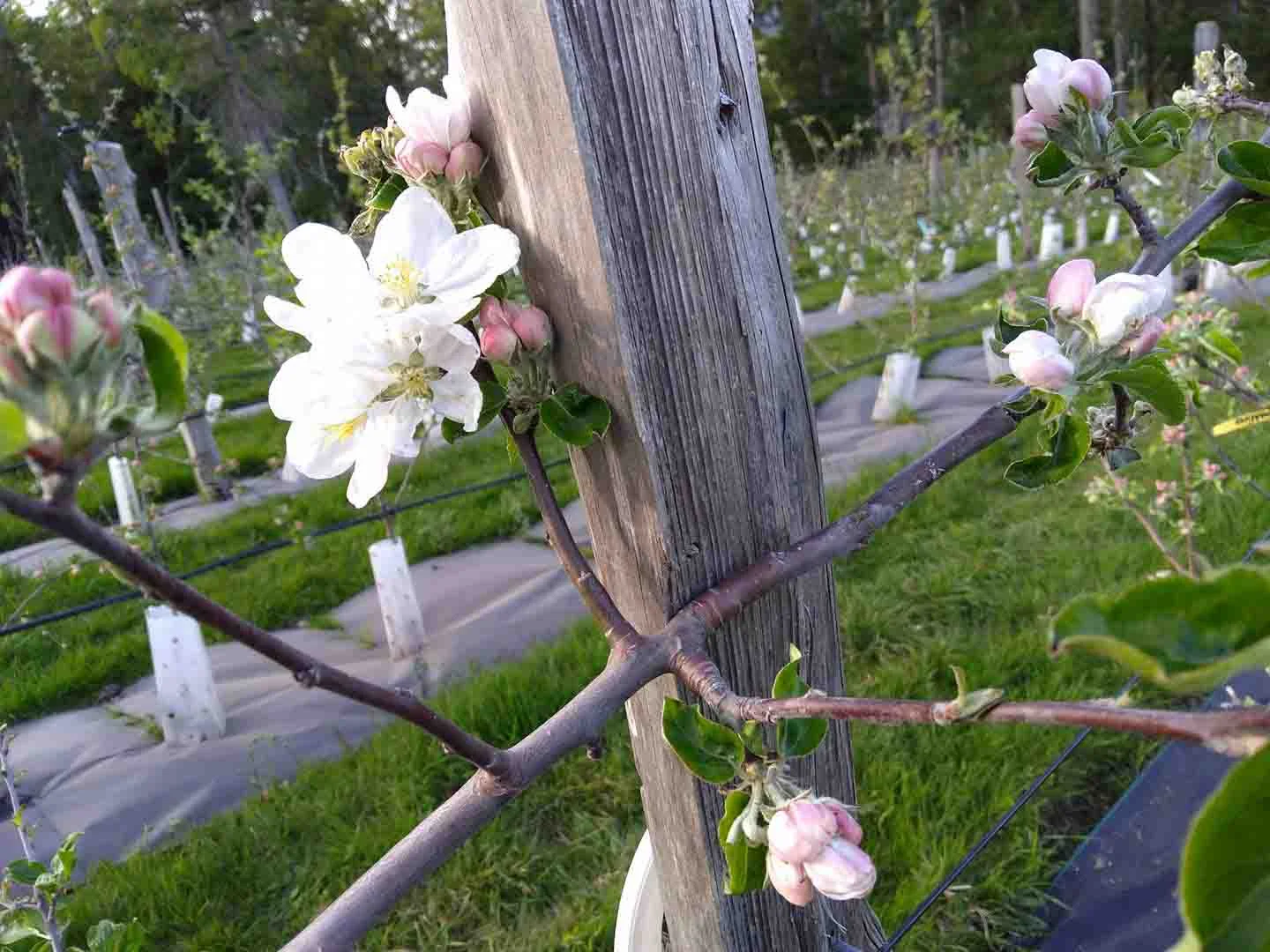Interesting Times
/It’s an understatement to say that the spring of 2020 has been unlike any Salt Spring Islanders have experienced. Yet in the midst of a world-wide pandemic, the bees are back buzzing, apple trees are blooming and Salt Spring farmers are at work, as always, producing food and beverages for locals.
Salt Spring Apple Company, like so many other Salt Spring businesses, has been profoundly affected by the virus. We closed our Ciderworks tasting room in early March and there has been no Saturday Market, so sales are way down. And the farm was unable to hire additional staff or take on farm volunteers (WWOOFers). Yet the trees – and the grass and weeds – keep on growing.
Peri, a middle school teacher, has been as busy as ever teaching, having embraced online teaching. During spring break and on evenings and weekends, she has grafted more than 2,500 baby apple trees, kept cider production on track, managed the farm’s finances and helped get a stuck tractor unstuck more than once.
It’s reassuring to wake up each morning and look out over a beautiful orchard that keeps on growing no matter how troubled we humans may be. This has been a challenging time, but definitely not a quiet one for us.
Brian has worked to maintain farm operations despite being short-staffed. He has potted young trees, pruned the orchard (with much-welcome family help), planted new trees and delivered hundreds of young apple tree whips to people on Salt Spring, Vancouver Island and the Lower Mainland.
If there’s one thing farmers have in common, it’s the ability to adapt. We have done so constantly since 2011, when we started planting our certified organic orchard of 3,500 apple trees, including more than 400 different varieties.
COVID-19 has presented many challenges, but farming always, always, carries on. We are selling apple tree whips online and cider on request. We will soon begin selling at the Tuesday Market.
As we look to the future, we are preparing to reopen our Ciderworks shop. We’re bottling a new cider vintage, including the first Ciderworks Single Orchard Series cider, made in partnership with another Salt Spring certified organic orchard. This year’s features apples from historic Bright Farm.
By supporting local farmers and food and beverage producers, you’re helping us make sure local food will be available, even through the most challenging times. We really ARE all in this together!








